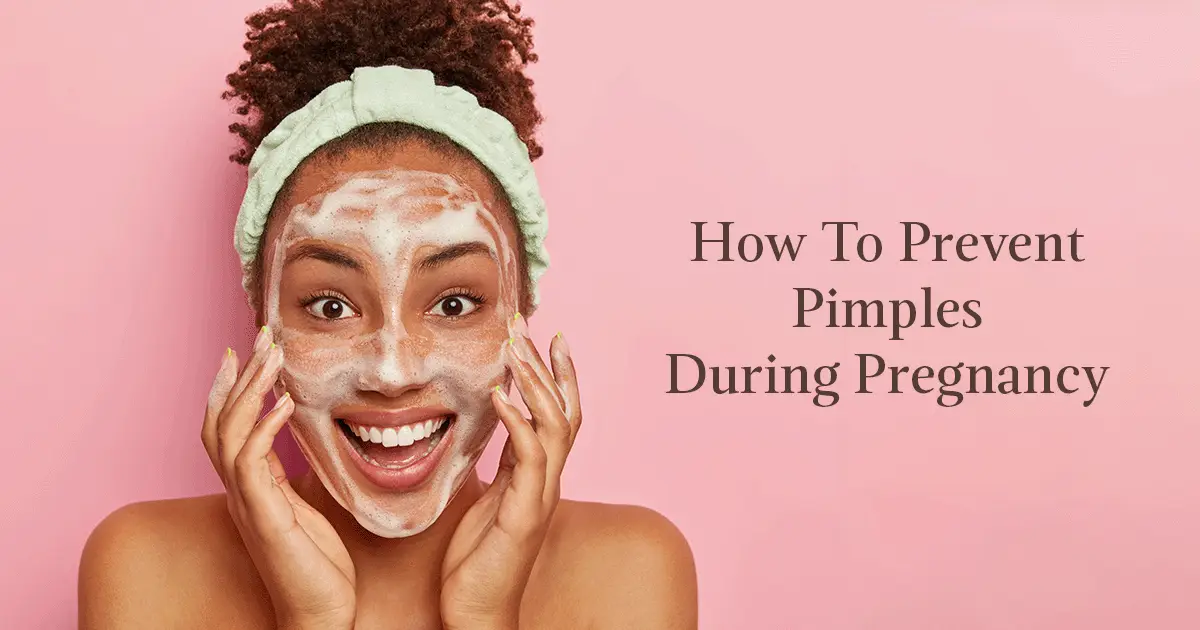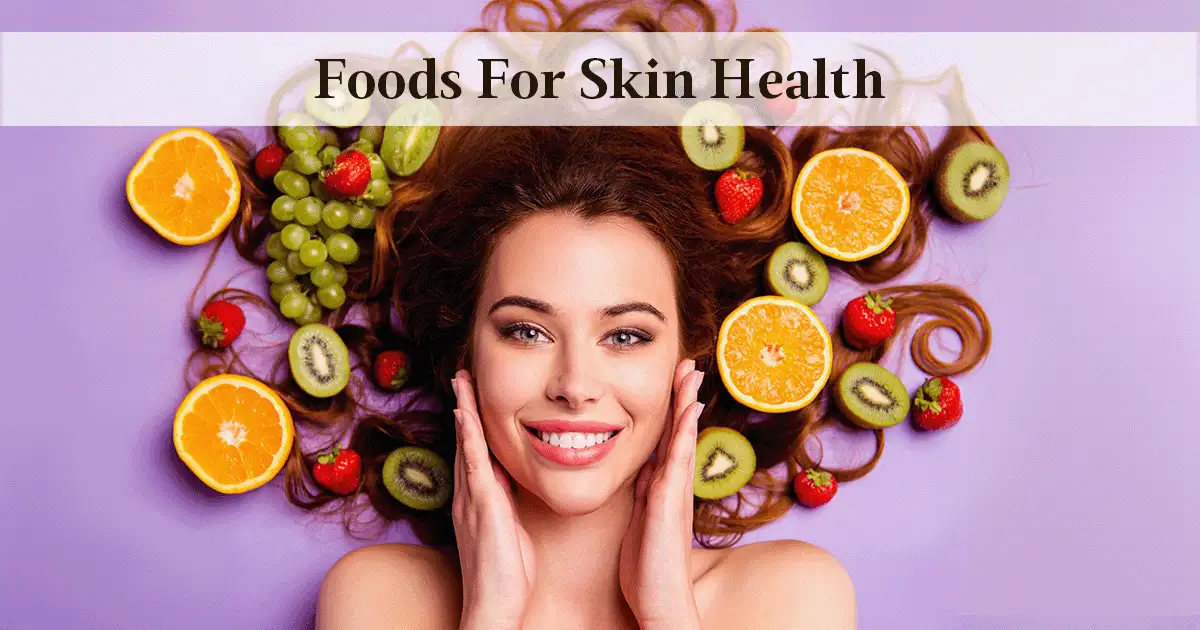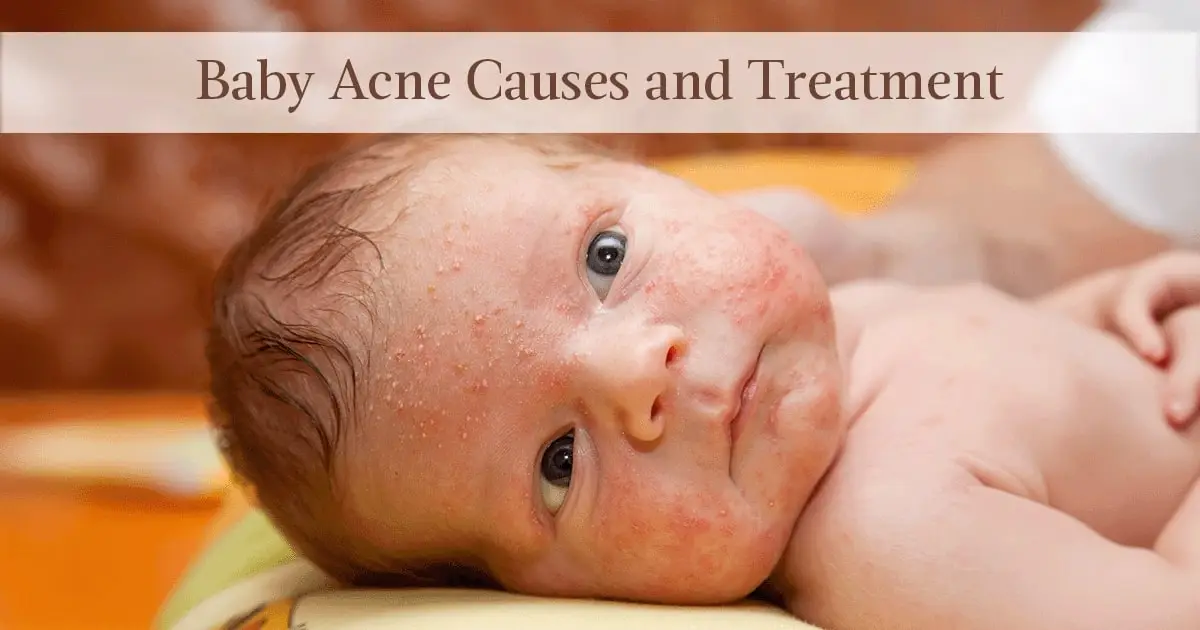.webp)
Fancy Rapunzel-like hair and Snow White skin but can’t seem to get there? You might be missing something super basic: the vitamins. These tiny nutrients don’t just support your body from the inside; they play a huge role in how your skin glows and your hair grows. But with so many of them (A, B, C, D, E & K) it’s easy to feel lost. So if you’ve ever wondered, “Which vitamin is good for skin?”, you’re not alone.
In this blog, we break down everything you need to know about the role of vitamins for your skin health. And we’ll also tell you the specific vitamins you need to focus on to achieve radiant skin and beautiful hair.
So let’s get started.
Vitamins For Healthy Skin
Let’s take a look at some of the key ‘beauty vitamins’ and how they can help your skin and hair.
1) Vitamin A
According to numerous studies and research conducted worldwide, Vitamin A is a must-have nutrient for healthy skin and hair. But caution is important when consuming it, as both too little and too much of Vitamin A can cause ill-effects. Vitamin A derivatives are essential for supporting the functioning of the hair growth cycle, wound healing, and melanocyte stem cells. They also play a vital role in both preventing and treating photodamaged skin. Another popular benefit of Vitamin A derivatives is their role in treating acne.1 2
2) Vitamin B Complex
B group vitamins include B1 (Thiamine), B2 (Riboflavin), B3 (Niacin), B5 (Pantothenic Acid), B6 (Pyridoxine), B7 (Biotin), B9 (Folic Acid) and B12 (Cobalamin). These vitamins are great for your skin health, in particular the cell renewal process. From supporting wound healing, to reducing inflammation and treating several skin conditions (like eczema, dermatitis, etc) these vitamins offer a myriad of benefits. As a result, a deficiency in their intake could lead to acne, rashes, dry and flaky skin, cracked lips, and even premature wrinkling.3
3) Vitamin C
The benefits of Vitamin C for your skin are no secret. Being a powerful antioxidant, it fights off harmful free radicals and revitalises your skin. It’s also needed for making collagen, a crucial component of your skin that gives it strength and elasticity. Vitamin C deficiency can cause hair loss as well as delayed wound healing.4
4) Vitamin E
Vitamin E plays a pivotal role as an antioxidant. Additionally, it works as an excellent photoprotective (protects against harmful UV rays of the sun) and anti-inflammatory agent for your skin. It also helps to prevent moisture loss and keeps your skin soft and supple.5
Things To Add To Your Plate For That Glow
Sure, vitamins are great for your skin! But they’re not the only nutrients you should be focusing on to keep your glow game strong. You should also try to include enough protein, good fats, and minerals. These nutrients work behind the scenes to keep your skin firm, hydrated and naturally lit-from-within.
So if glowing skin is on your wish list, here are a few foods you might want to start including in your everyday diet.
1) Fatty Fish
Loaded with omega-3s, fatty fish like salmon and sardines help keep your skin soft, supple, and well-hydrated. Plus, they fight inflammation which is great for acne-prone or dull skin!6
2) Nuts & Seeds
Almonds, walnuts, flaxseeds, and chia are full of healthy fats, zinc, and vitamin E, nutrients that protect your skin and keep it smooth, firm, and breakout-free.7
3) Vegetables
Leafy greens (like spinach, kale and moringa) and certain vegetables like carrots are packed with skin-loving nutrients like Vitamin A and C. They help boost collagen, fight free radicals, and give your skin that healthy glow.8
4) Avocados
Avocados are full of nutrients like healthy fats and antioxidants. They help to keep your skin moisturised and elastic, while preventing signs of premature aging.9
5) Eggs
Eggs are a great source of protein and biotin, both essential for skin repair and renewal. They strengthen your skin barrier and can help you deal with hyperpigmentation.10
6) Sweet Potatoes
These starchy yet healthy vegetables are full of beta-carotene, which your body turns into vitamin A.11 That means better skin cell turnover, reduced dryness, and a gentle glow.
7) Citrus Fruits
Oranges, lemons, limes, they’re all loaded with vitamin C, the nutrient which helps with collagen production and brightens up dull skin.12
8) Bone Broth
Bone broth is a rich, soothing source of collagen and amino acids that supports skin elasticity and hydration. It also helps repair the skin barrier and keep the skin calm.13
9) Water & Water-Based Foods
Glowing skin starts with hydration. Besides drinking plenty of water, load up on foods like cucumber, watermelon, and celery to help your skin stay plump, clear, and dewy.14
Summing Up
If you’re on the pursuit of glowing skin, keeping track of your vitamin intake should definitely be your top priority. But instead of obsessing over ‘which vitamin is good for your skin’, it’s better to focus on eating an overall balanced meal. Follow a diet that’s not just rich in vitamins but also has a recommended amount of proteins, fats, minerals and let’s not forget…carbs!
Because you are what you eat, and so is your skin!
FAQs
Q1) Which Vitamins Are Best For Skin?
Vitamins A, C, E, and B-complex support skin repair, hydration, collagen production, and overall glow.
Q2) Does Vitamin B12 Improve Skin?
Yes, B12 helps with cell repair and skin regeneration, but an excess or deficiency of it can cause acne or pigmentation in some cases.
Q3) Are There Any Supplements For Skin Health?
Yes, supplements with collagen, biotin, zinc, omega-3s, and vitamins A, C, E may support skin health when diet alone isn’t enough. But it’s important to consult with your doctor before you start taking any supplements.











